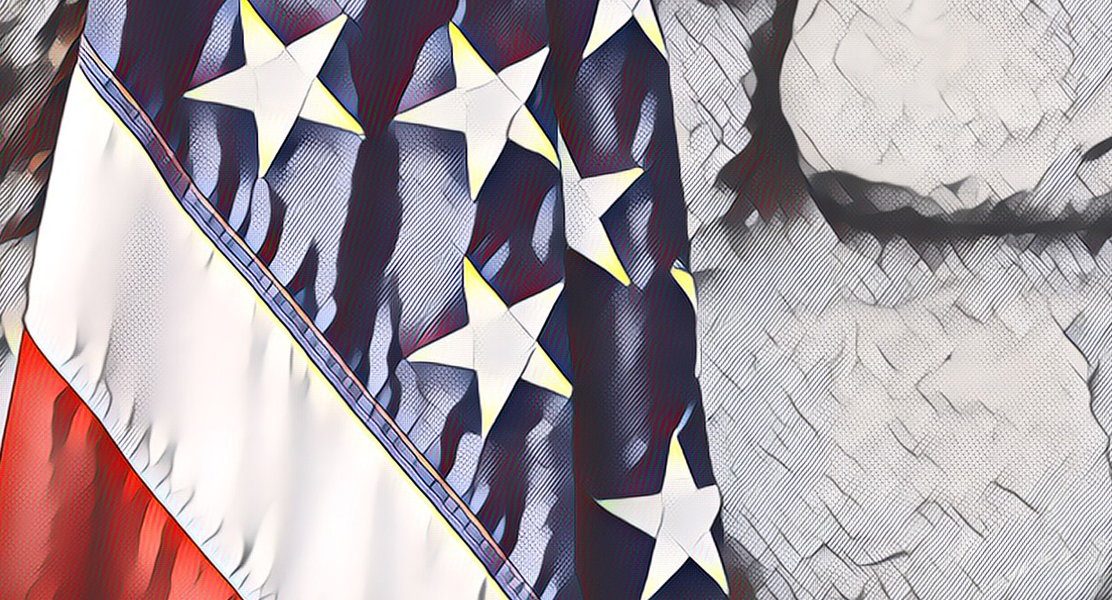Trump, Pompeo, Barr intensify religious liberty rhetoric in speeches across the country

In recent days, both the president and top cabinet officials gave speeches focused on the state of religious liberty at home or abroad. All three portrayed religion as under siege and the Trump administration as its most important ally.
At the Values Voter Summit in Washington, D.C. over the weekend, President Donald Trump declared that “the left” is attempting to “crush … religious liberty” through the federal courts. He touted actions of his administration to combat that perceived threat, including a repeat of his false claim that he ended the Johnson Amendment.
Here is an excerpt from his remarks:
From the first minute of my presidency, I have taken historic action to defend religious liberty…. Something I am very proud of: I stopped the Johnson Amendment from interfering with pastors’ rights to speak their mind. You can say whatever you want, you’re the people we want to hear from. We want to hear from you.
For more on the Johnson Amendment – including how it protects houses of worship and how it remains fully intact, despite the president’s claims – see my post from last month on the subject, and learn more about it at BJConline.org/JohnsonAmendment.
Secretary of State Mike Pompeo, meanwhile, gave an address to the American Association of Christian Counselors in Nashville, Tennessee, titled “Being a Christian Leader,” in which he discussed the role his Christian faith plays in his leadership as the nation’s top diplomat. He emphasized the dire condition of religious liberty around the world. “[M]ore than 80% of mankind,” he lamented, “lives in areas where religious freedom is suppressed or denied in its entirety,” and urged Americans to “jealously” guard our tradition of religious freedom. In a troubling development, the speech was then promoted on the home page of the State Department’s website, tying the “Being a Christian Leader” speech with his official capacity as the U.S. Secretary of State. That move drew wide criticism as a potential violation of the separation of church and state.
Lastly, U.S. Attorney General Bill Barr, speaking at Notre Dame Law School, warned of ascendant “militant secularists” who he says are waging attacks on religion and religious liberty here in America. “Ground zero for these attacks on religion,” he claims, “are the schools.” Barr, whose job it is to protect the religious liberty rights of all Americans regardless of their faith, decried the decline of the “Judeo-Christian moral system,” which he described as “God’s operation manual” and “the ultimate utilitarian rules for human conduct.”
Writing for the Washington Post, Philip Bump discusses all three speeches and searches for a common thread:
There’s little question that Barr was articulating beliefs held as sincerely as were Pompeo’s. The two presented different manifestations of the role of religion in government, with Pompeo describing a system of guidance and Barr outlining a necessary moral dependence. …
What we had this weekend, then — intentionally or not — was an administration defending the intertwining of Christianity with government on three tiers: Pompeo speaking broadly to Christians of every stripe, Barr speaking to conservative Christians more specifically and Trump targeting hard-right, political evangelicals.
That may simply be a reflection of the speakers and audiences. It was also, though, certainly an opportunity for an embattled White House to bolster its bases of support.




